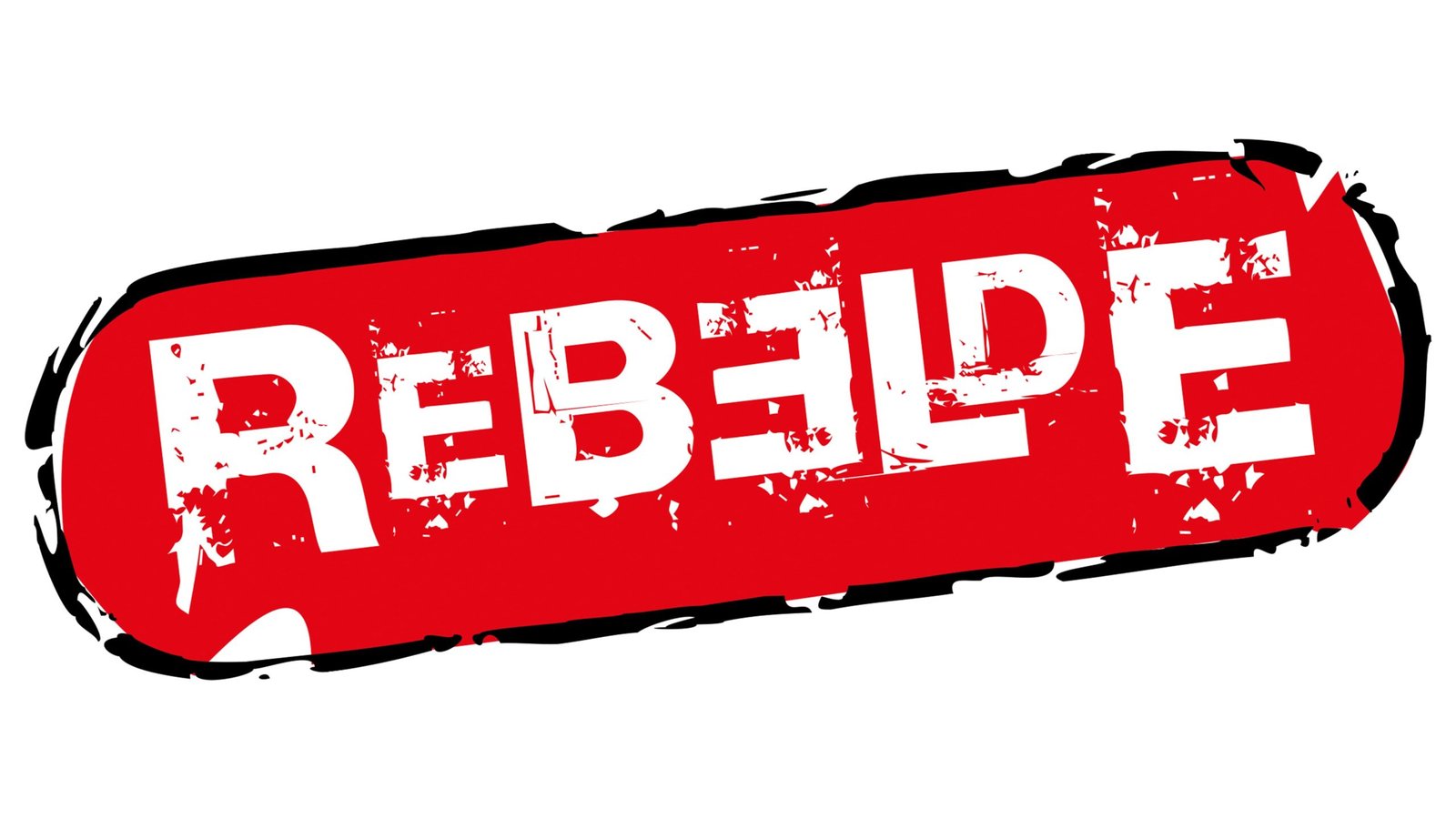The internet is filled with millions of domains, some of which are recognized and trusted, while others remain obscure, like “885550.xyz:5331” But what exactly is the significance of this domain, and how does it fit into the larger world of cybersecurity? Unknown and suspicious domains often pose serious risks to individuals and businesses alike, acting as entry points for various malicious activities, including phishing, malware distribution, and cyber espionage. Understanding these threats and how to protect yourself is crucial in today’s digital age.
What is 885550.xyz:5331?
“885550.xyz:5331” is an example of a lesser-known domain. The “.xyz” extension has gained popularity for its flexibility and affordability, but this has also attracted malicious actors who seek to exploit its anonymity. While some domains with the “.xyz” extension are legitimate, many are used for nefarious purposes, such as malware distribution or phishing attacks.
The Significance of Such Domains in Cybersecurity
Domains like 885550.xyz:5331 are often used in cyberattacks because they can evade traditional domain filters. The anonymity and affordability of these domains make them prime targets for cybercriminals. As these domains often do not have a recognizable or trustworthy background, users are at a higher risk of falling prey to attacks if they interact with them.
Understanding Domain Name Extensions
What Does “.xyz” Signify?
The “.xyz” domain extension was created to provide an alternative to the crowded “.com” and “.net” spaces. It’s short, memorable, and is increasingly used by businesses, startups, and individuals. However, the open nature of this extension means that it is also available to less scrupulous entities, leading to its use in more suspicious activities.
Purpose and Prevalence of “.xyz” Domains
While “.xyz” is not inherently bad, its open registration policy has made it a popular choice for cybercriminals. They use these domains for phishing, distributing malware, or creating fake websites. Many organizations have flagged these domains as high-risk, and some cybersecurity tools block them altogether.
Security Implications of Unrecognized Domains
Common Threats Associated with Unknown Domain Extensions
Unknown domains, like 885550.xyz:5331, are often breeding grounds for cyberattacks. These domains lack the trust factor that comes with well-known extensions, and they are frequently used by attackers to lure unsuspecting users. From phishing scams to ransomware, these domains are a significant threat to cybersecurity.
Phishing and Malicious Attacks
How Malicious Actors Use Domains to Conduct Phishing
Cybercriminals use domains like 885550.xyz:5331 to trick users into believing they are interacting with a legitimate website. They may create a mirror site of a popular service, hoping users will input sensitive information, such as login credentials or credit card numbers.
Malware Distribution via Suspicious Domains
What Types of Malware Can Be Distributed?
Domains like “885550.xyz:5331” often serve as a gateway for distributing malware. This malware can range from spyware, which monitors user activity, to ransomware, which locks important files and demands payment for their release.
Implications for Individuals
Risks for Regular Internet Users
For individuals, interacting with suspicious domains can lead to identity theft, financial loss, and compromised personal information. Cybercriminals use these domains to install malware or gather sensitive data, which can later be sold on the dark web.
(Continued with business implications, protective measures, legal aspects, and FAQs)
FAQs
- What is the danger of interacting with suspicious domains like 885550.xyz:5331?
- How can I protect myself from phishing attempts related to unknown domains?
- Are businesses at higher risk from malicious domains?
- Can anti-virus software detect threats from these domains?
- What legal actions can be taken against domain-based cyberattacks?
- Why are .xyz domains often used in cybercrime?

